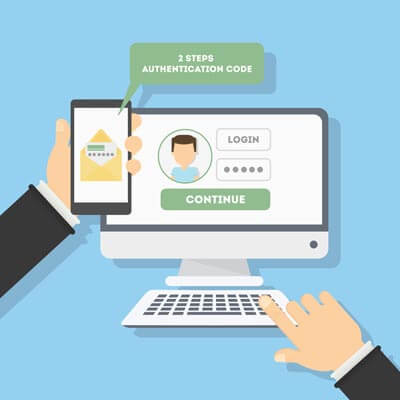We’ve all seen advertisements for the websites that offer to connect you with the professionals ready to help you with a specialized task around your home, from repair work to childcare to cleaning services. Unfortunately, cybercriminals have adopted a similar tactic to help market their services, leading to the creation of a sort of hackers’ gig economy on the Dark Web.
It’s a bit of a nightmare scenario for a business, born of watching too many crime thrillers: a criminal syndicate hacks into their systems, wreaking havoc and stealing all their data, while also destroying that company’s reputation. Is this scenario a fantasy? To a point, yes—but not so much as you might think.
Small businesses face a lot of risks, one obvious one being the threat of potential cybercrime and how its influence can impact their businesses. Let’s consider how these influences have taken shape, and the challenges that small and medium-sized businesses must now face as a result.
2020 offered no shortage of challenges for healthcare providers. Besides the obvious issues that COVID-19 posed to the operations, finances, and supply chains that these organizations rely on, cybersecurity issues have played a significant role. Let’s go over some of the security stresses that healthcare providers have been experiencing.
Your privacy on the Internet matters, even if you don’t think you have anything to hide. Over the last few years, this has become more and more evident as we watch tech giants profit off of understanding the people who use their services. Facebook, Amazon, and Google are among them. Google in particular has made some recent policy changes that are worth understanding.
The late American author Kurt Vonnegut once wrote, “New knowledge is the most valuable commodity on earth. The more truth we have to work with, the richer we become.” Written in the 20th century, it has been put in practice by 21st century businesses. As the Internet has grown, the amount of companies expanded, and the amount of data that those companies collect has grown exponentially, especially now that there is a market for such data.
The password isn’t nearly as secure as it used to be. Hackers have begun to take advantage of extremely powerful solutions designed to brute force their way into accounts by using software to rapidly guessing thousands of passwords per second, making it extraordinarily difficult to prepare yourself for them. What’s the best way to guarantee that passwords aren’t going to be the downfall of your company? A great start is by taking a close look at password best practices and two-factor authentication.
Data security isn’t a matter to be taken lightly, as too many businesses have found out the hard way. Unfortunately, there are far too many simple ways to correct common security issues – enough that it’s foolish not to do so. We’ll review a few ways to fix security issues, after discussing one of, if not the, most egregious security failings in modern history.
People look at their work differently, just as they view their lives differently. The many different perspectives of your staff brings a bit of variance of how they view data security. This isn’t so good for your business as you need to trust them to prioritize the security of your data and infrastructure. Let’s take a look at some of the best practices that you should be training your staff in, which will allow them to protect your data better, and theirs.
Conferencing has played a crucial role for businesses, and never more than in the past year. Unfortunately, this has presented the opportunity for trolls to join in these remote collaboration efforts, interrupting them with inflammatory and vulgar content. Labelled “Zoombombing”, these attacks have led to the implementation of numerous privacy protections and countermeasures… but the question remains: how effectively do these protections defend a business’ efforts? As a study has revealed, not effectively enough.










